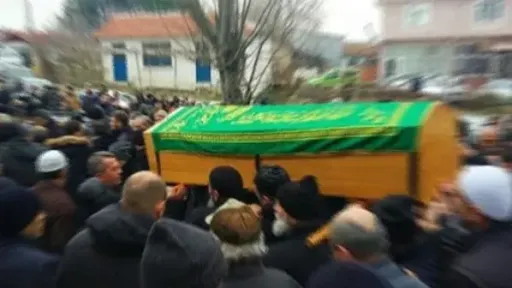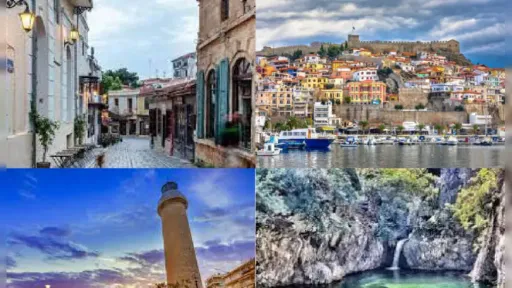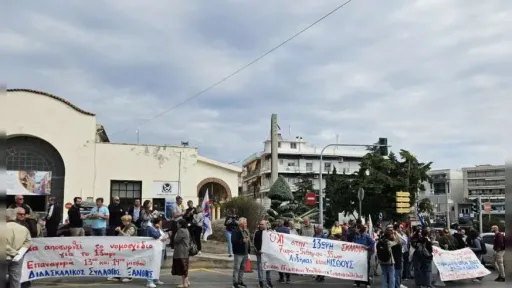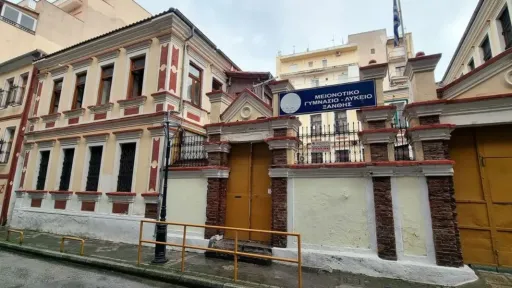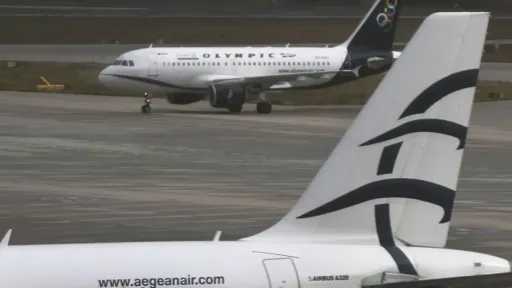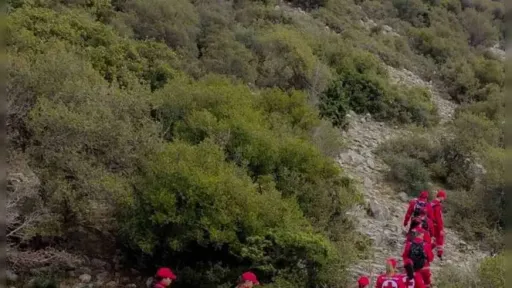İskeçe marks 106th anniversary of union with Greece: Contrasting messages from Dendias and Natsios
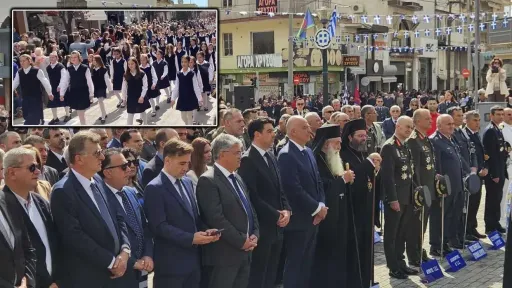
The city of Xanthi (İskeçe) commemorated the 106th anniversary of its union with Greece on Saturday, October 4, with official ceremonies marked by both messages of unity and nationalist overtones.
The celebrations began in the morning with a religious service and wreath-laying ceremony, followed by a parade featuring students, scouts, civil organizations, and military units. Among the participants were pupils from the İskeçe Minority Primary School and the İskeçe Minority Secondary and High School.
The Greek government was represented by Defense Minister Nikos Dendias, accompanied by Lieutenant General Yorgos Kostidis, Commander of the Hellenic Army. Also in attendance were “Victory” (Niki) Party leader Dimitris Natsios and Democracy Movement leader Stefanos Kasselakis.
Dendias: “Muslim community an inseparable part of Thrace’s identity”
In his speech following the wreath-laying, Minister Dendias highlighted İskeçe’s “special significance for the armed forces,” noting that the region now serves as the headquarters of the newly established Thrace High Command. “Thrace plays a deterrent role in our country’s defense structure,” he said.
Referring to October 4, 1919, Dendias stated that “on that day, the longing for freedom after centuries of captivity became reality.” He praised the people of Thrace for “preserving their language, identity, and faith,” describing them as “a symbol of historical resilience.”
Dendias further defined the essence of Greek identity as “homeland, language, tradition, faith, and family,” and made special reference to the region’s Muslim community — whose ethnic Turkish identity is officially denied by the state. “Here in Thrace, the Muslim community forms an inseparable part of this region’s identity. Its presence and development demonstrate the Greek people’s strength to advance with respect, equality, and social cohesion,” he said.
The minister also announced major defense reforms under Greece’s 2030 Strategic Defense Plan, including changes to military pay, promotions, reserve service, and provisions for voluntary female enlistment. “These reforms will make our armed forces worthy of the sacrifices of our ancestors,” Dendias said.
Nationalist Rhetoric from Natsios
During the ceremony, Metropolitan Panteleimon of İskeçe called for unity, declaring that “freedom is a divine gift earned through blood and sacrifice.” İskeçe Mayor Stratos Kondos emphasized the city’s multicultural character, saying, “Our city is an example of coexistence among different cultures and religions. This spirit of living together sends a message of peace and solidarity across the country.”
However, the final speech, delivered by Niki Party leader Dimitris Natsios, struck a markedly different tone. Known for his ultranationalist and Christian Orthodox rhetoric, Natsios appealed to patriotic emotions, declaring:
“In these parades, our people are united — bound by the Greek flag and the struggles for freedom. May this unity endure. Long live our immortal Greek army! May our homeland remain forever free — and why not, even grow larger!”
The latter phrase — “and why not, even grow larger” — was widely interpreted by observers as an expression of revisionist nationalism, contradicting the ceremony’s earlier themes of peace and social harmony.
A Ceremony of Contradictions
While Dendias’ remarks about “respect, equality, and cohesion” toward Thrace’s Muslim community appeared conciliatory, they also underscored the contradictions within Greek policy. The state continues to officially identify the Turkish Minority of Western Thrace solely as a “Muslim minority”, denying its ethnic identity as recognized under the Treaty of Lausanne (1923).
The juxtaposition of inclusive rhetoric with nationalist and expansionist overtones exposed a deeper tension within Greek political discourse — between aspirations for European-style social harmony and the persistence of revisionist and exclusionary narratives.
As Greece looks toward a “modernized” defense and national identity strategy, the question remains:
Can genuine unity and peace be achieved in a political climate where human rights concerns and nationalist rhetoric continue to coexist?
